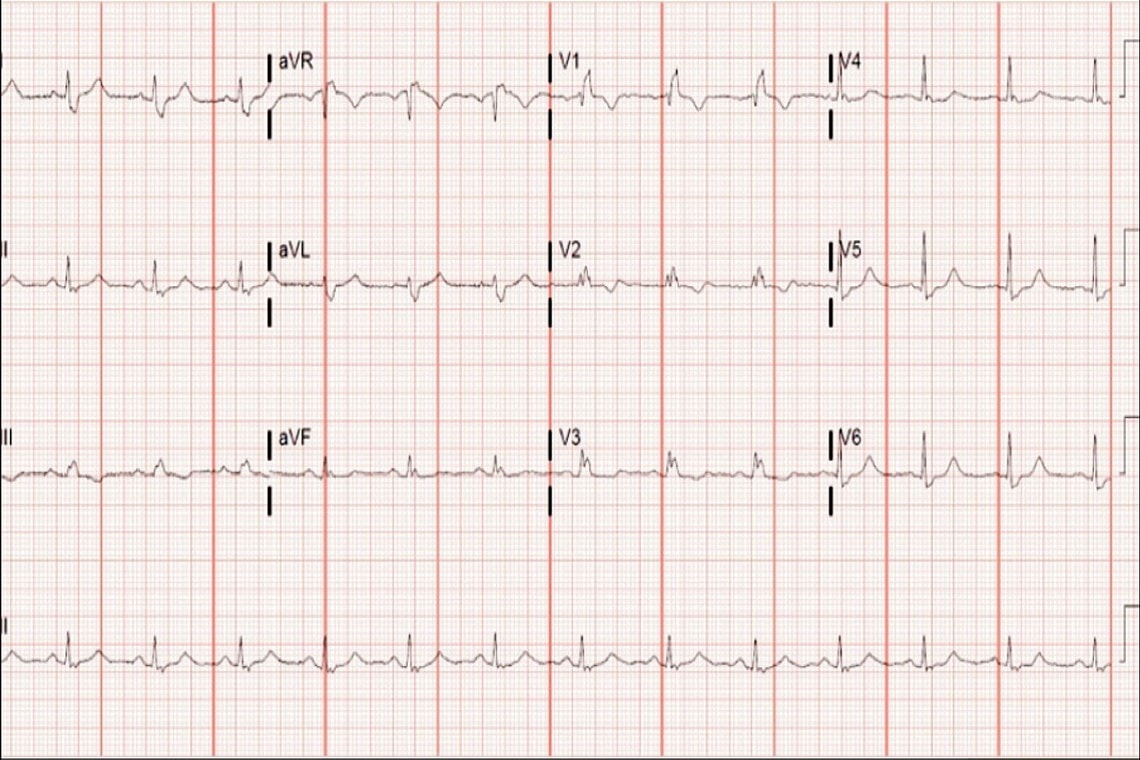Exercise Ecg
Exercise Ecg. However, the ECG is only one of the parameters that must be evaluated and the final result of the test depends on an integrated assessment of six components: The exercise electrocardiogram (ECG) is a well-validated procedure for establishing the diagnosis and prognosis of coronary heart disease, as well as assessing exercise capacity (ie, functional capacity). Exercise ECG appears to have similar diagnostic accuracy and prognostic significance in patients with and without diabetes.

While exercising on a treadmill or stationary bike, a healthcare provider will measure your heart rate, blood pressure, and breathing while monitoring an electrocardiogram (ECG), a test that records your heart's electrical signals.
Exercise ECG Assessment Multi-Feature Exercise ECG Test System For Optimal Stress ECG Testing.
An ECG tracing will be taken at certain points during the test to compare the effects of increasing stress on the heart. Patients with coronary heart disease were examined with exercise ECG and angiocardiography. Exercise ECG is an important tool for risk stratification in patients with stable CAD.
Rating: 100% based on 788 ratings. 5 user reviews.
Lloyd George
Thank you for reading this blog. If you have any query or suggestion please free leave a comment below.





0 Response to "Exercise Ecg"
Post a Comment